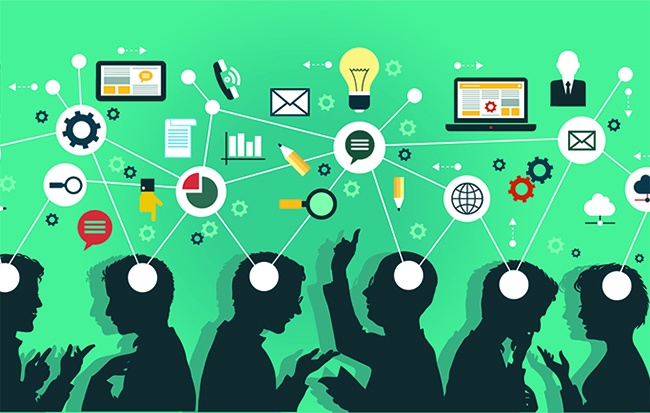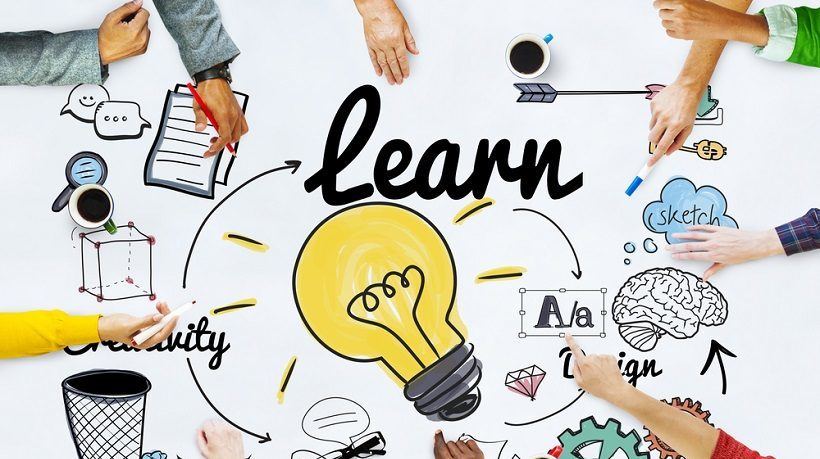Top Strategies For Deeper Learning Skills
Deeper learning is a term which encompasses all the knowledge, skills, and ways of thinking students need to adopt in order to be prepared and eventually become successful when navigating the rough waters of their future professional and personal lives.
In addition to applying what they have learned, they must be able to overcome obstacles such as complex interpersonal and multi-cultural relations of today’s world, as well as global socio-economic issues that affect everyone. This is why the role of education leaders is more important than ever. Helping them master deeper learning skills is crucial, which is why you will find the list of the most effective strategies below. Keep on reading.
- Focus on the core.
Teaching and leadership deserves an entirely different chapter, or even its own discipline, but what teachers can take away from it is the importance of mastering the core processes, language, and procedures which can later be applied in the real world to solve problems and provide critical analysis on a local level. Tools that can used for this are not just classes, but also reading, as well as active participation in classes and reflection after each new lesson. - Adopt critical thinking.
As future leaders and decision makers, students need to be able to tackle the pressures and the challenges that will sure come their way. Having them develop the skills of critical thinking, along with all the proven methods and tool which are used to battle complex problems, is an absolute must, because it will help them identify the cause of each issue, as well as its constituting parts, and figure of the best course of action they need to take in order to solve them. - Introduce more science.
More science should be used, because it faithfully represents the challenges students will come across in their careers. This goes double if they are studying for a degree in one of the STEM disciplines. While standardized test have their place, teachers should encourage students to take part in science fairs, and education leaders should back them up by introducing standards which can validate this approach and make it measurable. - Practice team work.
Educations leaders need to be able to learn how to cooperate on multiple levels. This includes not only building a successful team around them that they can rely on and bounce ideas back and forth with, but also teachers and student, because they are an integral part of everything. While some of the skills related to working inside a team can be learned formally, such as various ways of solving conflicts and sharing useful information, applying them in practice is an entirely different animal. - Learn to communicate.
Developing communication skills is essential for all kinds of leaders, because it allows for proper conflict resolution and constructive dialog which enables ideas to flow between both sides. Education leaders need to keep in mind that communication goes both ways. It’s not just about addressing others, but it also about listening and receiving useful feedback, and developing a debate containing critiques, arguments, and suggestions. - Extend the reach.
Thanks to new adaptive technology and tools, teachers can extend their influence way beyond the limits of what they were able to do before. By focusing on teaching students how to build basic skills, this technology can gradually prepare them for higher-lever learning and allow teachers to focus their efforts on deeper learning. Things like comprehensive learning profiles can go a long way toward helping personalize the process of learning. - Learn learning.
Embracing the learning process is an important prerequisite for adopting new skills and knowledge, as well as all the intellectual challenges that go along with it. An essential part of the learning process should be setting goals, reflecting, accepting the fact that you may not know everything at all times, and accepting criticism and applying feedback and suggestions to become better, among other things. - Develop leadership skills.
Digital learning can also benefit education leaders in pretty much the same way it benefits students. Leaders can rely on digital courses, learning apps, and even learning and academic networks in order to hone and develop their leadership. These tools allow for a great deal of customization and flexibility, which is great, because leaders can really get down to the specifics. - Use deep blended models.
While digital learning has certainly contributed to the quality of blended learning models, there is already a clear distinction between two different approaches: thin learning, which is your run-of-the-mill testing through multiple choice questions, and deeper learning, which directs students toward establishing a connection between their learning and work, by focusing on project-based learning and promoting their studies in front of a larger community. - Convene and connect.
Last, but not least, it is important to stay connected and convene with education leaders from different districts and schools which promote deeper learning. Thanks to the Internet, it is just a matter of setting up a simple conference call and sharing ideas and receiving genuine and useful feedback.
Deeper learning is definitely the way of the future, because current learning models aren’t capable of keeping with the demands that the world of the future will have in store for our children. That is why it’s up to education leaders, as well as teachers, to prepare the students for the real world, by introducing and applying learning models which are much more practical and based on real learning, not just simple reproduction. It is a strategy that will pay off in the long run.







